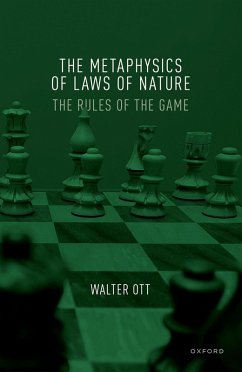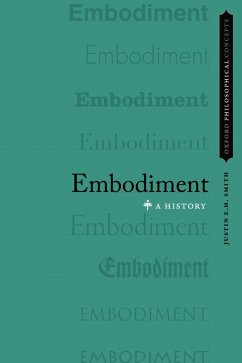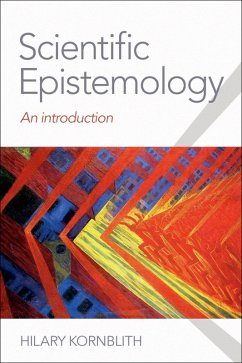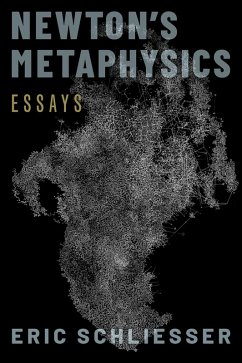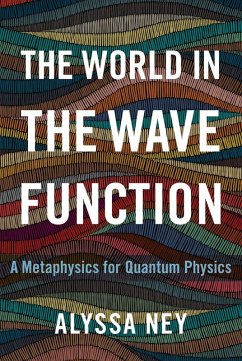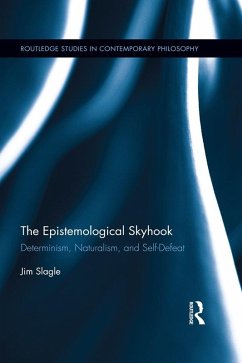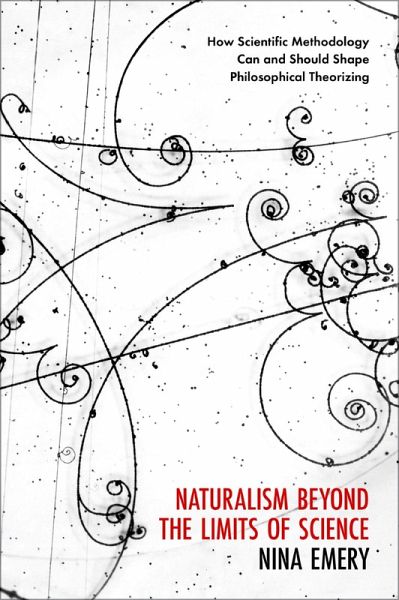
Naturalism Beyond the Limits of Science (eBook, ePUB)
How Scientific Methodology Can and Should Shape Philosophical Theorizing
Versandkostenfrei!
Sofort per Download lieferbar
37,95 €
inkl. MwSt.
Weitere Ausgaben:

PAYBACK Punkte
19 °P sammeln!
Philosophers and scientists both ask questions about what the world is like. How do these fields interact with one another? How should they? Naturalism Beyond the Limits of Science investigates an approach to these questions called methodological naturalism. According to methodological naturalism, when coming up with theories about what the world is like, philosophers should, whenever possible, make use of the same methodology that is deployed by scientists. Although many contemporary philosophers have implicit commitments that lead straightforwardly to methodological naturalism, few have a cl...
Philosophers and scientists both ask questions about what the world is like. How do these fields interact with one another? How should they? Naturalism Beyond the Limits of Science investigates an approach to these questions called methodological naturalism. According to methodological naturalism, when coming up with theories about what the world is like, philosophers should, whenever possible, make use of the same methodology that is deployed by scientists. Although many contemporary philosophers have implicit commitments that lead straightforwardly to methodological naturalism, few have a clear understanding of how widespread and disruptive methodological naturalism promises to be for the field. By way of a series of case studies involving laws of nature, composition, time and modality, and drawing on historical and contemporary scientific developments including the discovery of the neutrino, the introduction of dark energy, and the advent of relativity theory, this book demonstrates the ways in which scientists rely on extra-empirical reasoning and how that very same extra-empirical reasoning can yield surprising results when applied to philosophical debates. Along the way, Nina Emery's investigation illuminates the complex relationship between philosophy and the sciences, and makes the case that philosophers and scientists alike would benefit from a greater understanding of the connections between the two fields.
Dieser Download kann aus rechtlichen Gründen nur mit Rechnungsadresse in A, B, BG, CY, CZ, D, DK, EW, E, FIN, F, GR, HR, H, IRL, I, LT, L, LR, M, NL, PL, P, R, S, SLO, SK ausgeliefert werden.




